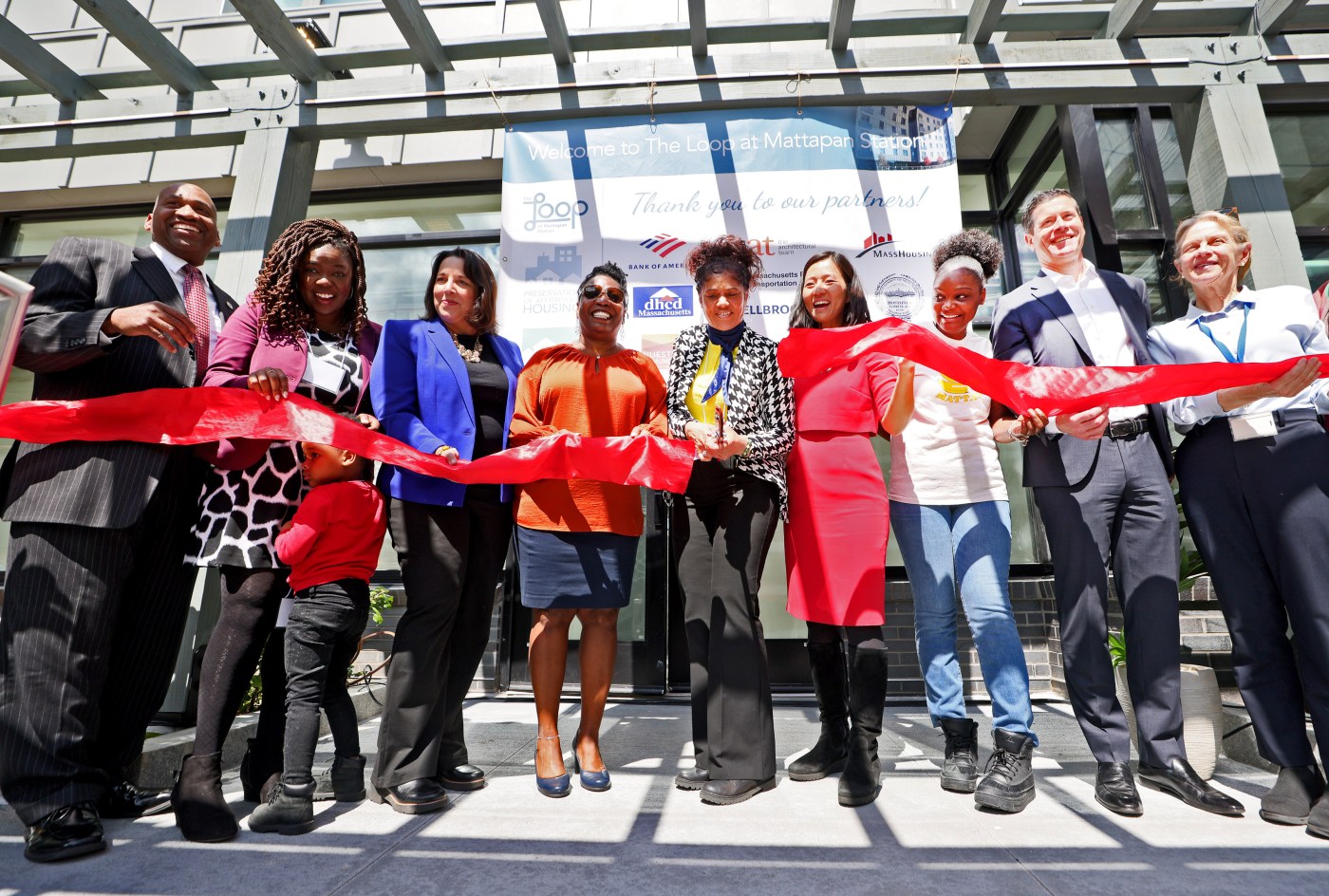
Finfer: Local policy tools can boost affordable housing
When I first began to work on housing issues in Dorchester in 1970, triple deckers cost $15,000 and rents were $125 a month. But with redlining, blockbusting, and white flight to the suburbs, we soon had many, many hundreds of abandoned buildings and the minimum wage was only $1.60 an hour. Now triple deckers sell for $1 million or more and rents are in the many thousands per month
But there’s no abandoned buildings.
Yes, we have a housing crisis and it’s rated a top concern in polls of residents. The Legislature and governor just passed a very helpful $5.2 billion housing bond bill, but that will have to be spent over many years because of an annual cap on state bond spending. When it costs $400,000 or more in government subsidy funds to make just one unit of housing affordable, we actually need a lot more money.
However, local officials in cities and towns have many tools available to raise funds and/or enable affordable housing to be built or rental assistance to be offered. While Boston, Cambridge, and Somerville are using these policies, most other communities are not. The tools are:
1. The Community Preservation Act (CPA) and greatly increasing the percent spent on affordable housing. Two-hundred communities have passed this law for a small surcharge on property taxes to fund affordable housing, historic preservation, open space preservation, and parks. Given how huge a housing crisis we have, it should get the most funds of these four eligible uses, but for almost all communities, it does not. Housing only gets 29% of these funds. And the 150 communities who haven’t passed this law yet should do so.
2. Inclusionary zoning can be adopted to require or incentivize the inclusion of affordable units in market rate developments; 10% or more. This connects to the 177 communities in the state that have to create one or more zoning districts for multi-family housing under the MBTA Communities Law. But, that law does NOT require any of the units to be affordable. Communities can also encourage more affordability by providing density bonuses and parking reductions.
3. Annual federal Community Development Block Grants (CDBG) can be used for almost anything. That’s the problem, as they are used for almost everything other than much being spent on housing. Currently 37 cities in Massachusetts get annual CDBG federal grants and 11 more communities get entitlement grants. And any other town can apply individually or jointly as a consortium for state CDBG funding with grants due by April 14. These funds can be used for developing rental and homeownership opportunities and/or to set up a local rental assistance program.
4. Accessory Dwelling Units (ADU’s) are small apartments built into existing homes or garages. The recently passed housing bond bill made these legal in all communities. Each should comprehensively encourage their homeowners to consider this; put a note in their property tax bills about it. It’s a way to add housing units and it doesn’t change the character of a community. Homeowners can charge what they want for such units but are likely to rent them at more affordable prices.
5. Many storefronts are one story — why not build housing on 2-3 stories atop them? It adds more housing and makes little change to the character of the neighborhood.
6. Faircloth public housing units enable some housing authorities to build additional units for tenants earning under 30% of median income. These units can be part of a mixed income developments not owned by the housing authority. Specific communities have numbers of units they qualify for. This includes Boston, Lowell, Holyoke, Fall River, Worcester, and Springfield.
On the state level, we need to pass the bill for a local option Real Estate Transfer Tax to be used for affordable housing. This was unfortunately dropped out of the housing bond bill by the Legislature. And we need to pass a local option rent control law regulating rent increases of absentee landlords.
Governor Maura Healey, Lt. Governor Kim Driscoll, and Housing Secretary Edward M. Augustus frequently attend groundbreakings for affordable housing that has some state funding. It would be appropriate for them to respectfully ask the local officials attending if are they doing all they could with local policies on affordable housing. All need to step up with all they can do.
Lew Finfer is a community organizer and Director of Massachusetts Action for Justice. He previously directed MA Affordable Homeownership Alliance and the MA Tenants Organization.

